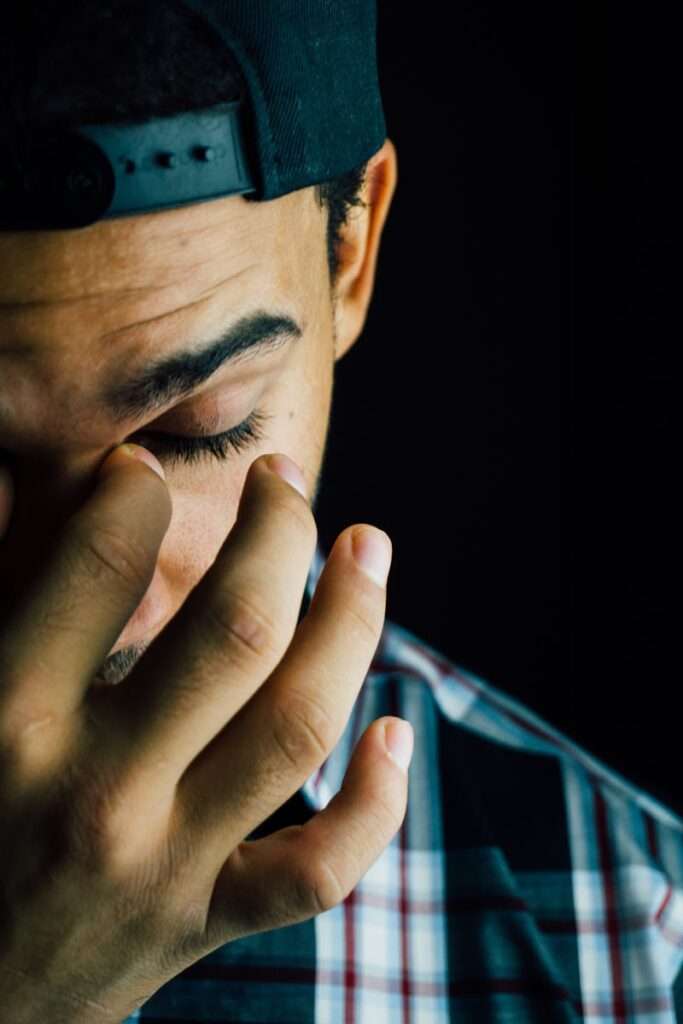what is
Bipolar Disorder?


Bipolar disorder is a mental health condition characterized by extreme mood swings or episodes. Simply put, Bipolar disorder is when our life has extreme lows and often accompanied with extreme highs causing extreme challenges in our relationships, our physical wellbeing, our jobs, and our serenity.

Key Features Of Bipolar Disorder Include:
Manic Episodes
Characterized by increased energy, impulsivity, euphoria, grandiosity, decreased need for sleep, and potentially risky behavior.
Hypomanic Episodes
Similar to manic episodes but less severe. Individuals may feel more energetic and productive, but the symptoms do not cause significant impairment.
Depressive Episodes
Marked by persistent sadness, fatigue, changes in sleep and appetite, difficulty concentrating, and, in severe cases, thoughts of death or suicide.
Cyclical Nature
Bipolar disorder typically follows a cyclic pattern, with periods of mania or hypomania alternating with periods of depression. Some individuals may also experience periods of stability between episodes.
Types of Bipolar Disorder
Bipolar I Disorder
Individuals with Bipolar I experience manic episodes, which are periods of elevated, expansive, or irritable mood accompanied by increased energy, impulsivity, and decreased need for sleep. Manic episodes can be severe and may lead to significant impairment in daily functioning. Depressive episodes, characterized by persistent feelings of sadness and loss of interest, also occur in Bipolar I.
Bipolar II Disorder
In this type, the individual experiences a pattern of depressive episodes and hypomanic episodes. Hypomanic episodes are similar to manic episodes but less severe. While they involve increased energy and mood, they don't typically cause significant impairment in daily functioning or require hospitalization. However, like Bipolar I Disorder, depressive episodes in Bipolar II Disorder can be severe and debilitating.
It's time to get off of the rollercoaster and get help
Seeking therapy for bipolar disorder is crucial for several reasons. Firstly, therapy provides individuals with bipolar disorder a structured and supportive environment to better understand their condition, manage symptoms, and develop coping strategies. Psychoeducation about the nature of bipolar disorder, triggers, and early warning signs is an integral part of therapy, empowering individuals to recognize and navigate mood changes effectively.
Additionally, therapy assists in the development of crucial skills for mood regulation, stress management, and problem-solving. For those with bipolar disorder, managing stressors and maintaining a stable routine are particularly important in preventing mood episodes. Therapy offers a safe space for individuals to explore personal goals, set realistic expectations, and work towards achieving a balanced and fulfilling life. At Epios Therapy, we aim to provide emotional support, reduce feelings of isolation, and encourages open communication about challenges. Early intervention through therapy can contribute to better long-term outcomes, reducing the severity and frequency of mood episodes, and improving overall quality of life for individuals with bipolar disorder.
Don't Face Bipolar Disorder Alone
The exact cause of bipolar disorder is not fully understood, but it is believed to result from a combination of genetic, neurobiological, and environmental factors. Diagnosis is made based on a comprehensive assessment, including a detailed history of mood episodes, family history, and the exclusion of other potential causes. Treatment for bipolar disorder often involves a combination of medication, psychotherapy (such as cognitive-behavioral therapy or interpersonal and social rhythm therapy), and lifestyle management. Regular monitoring and ongoing support are crucial in the management of bipolar disorder to optimize functioning and improve quality of life.

